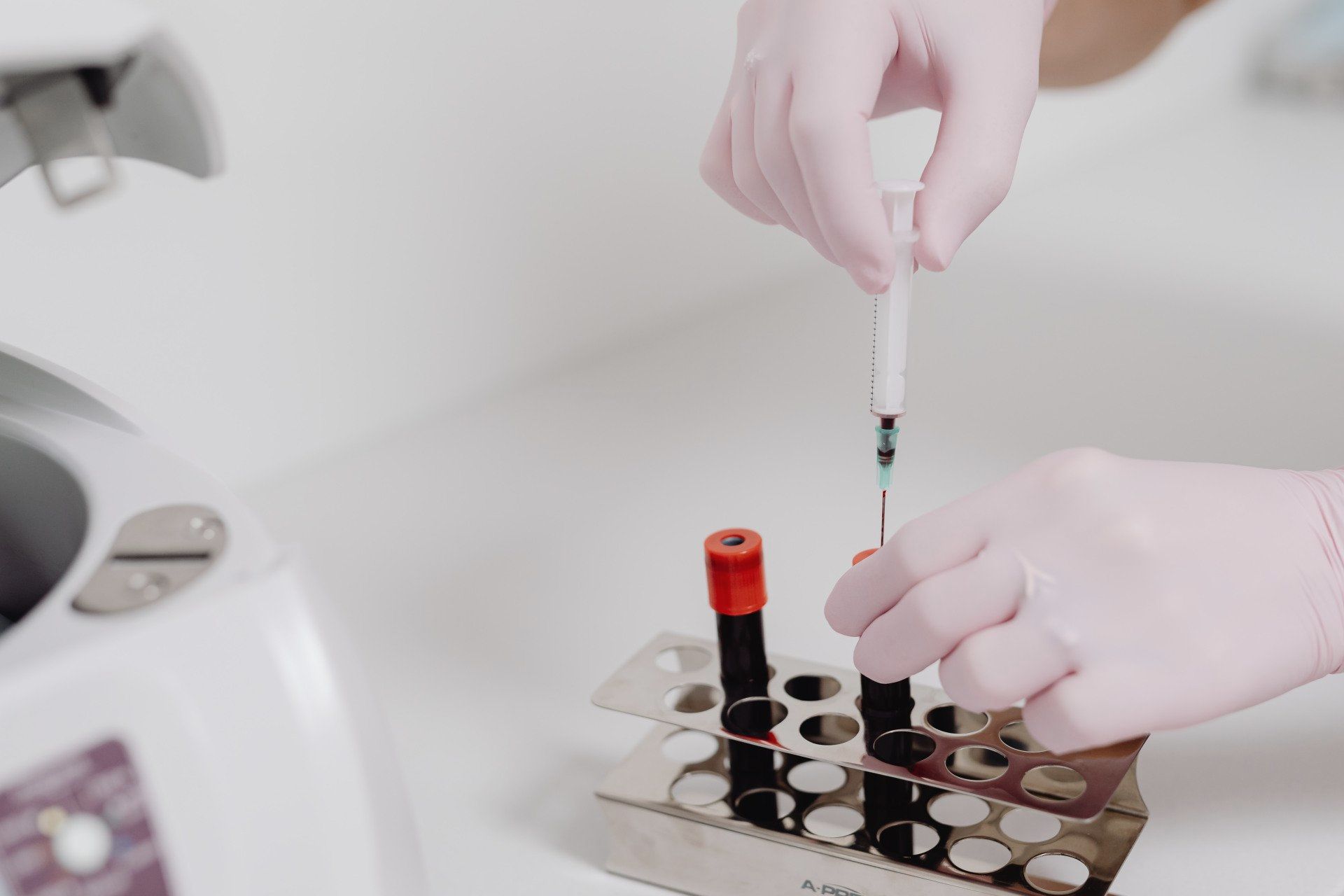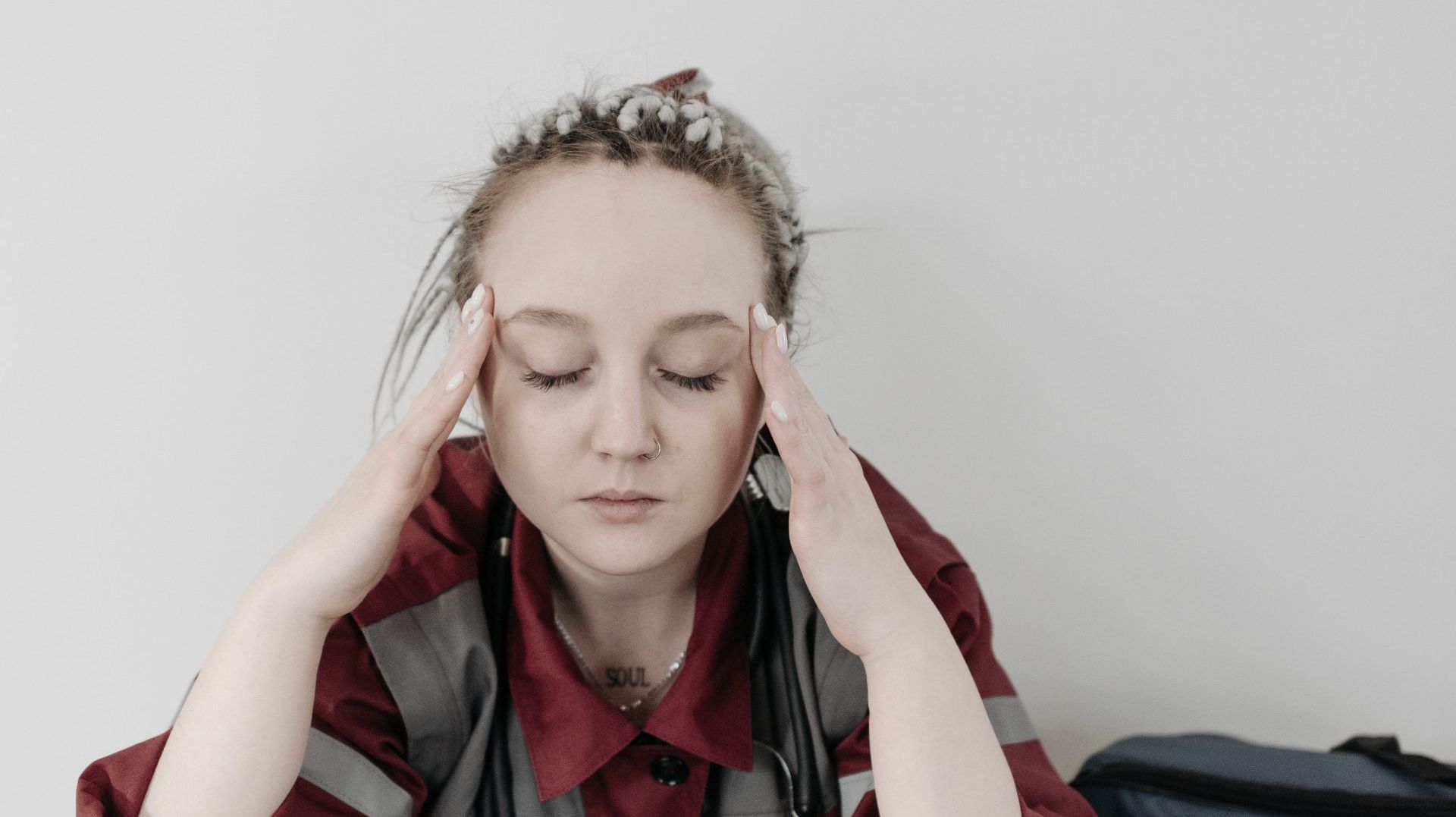Why Do You Need A Hepatitis A Vaccination Before Going Abroad?

The
hepatitis A virus can be acquired by ingesting contaminated food or drinks or by touching your mouth with hands that have been exposed to the virus through contact with infected faeces. Since most people have a low chance of contracting the disease, the hepatitis A vaccine is not frequently provided in the UK. It is only advised for those who are at high risk or who are travelling abroad. Continue reading to find out more about the hepatitis A vaccine in Leicester.
What are the symptoms of hepatitis A?
Hepatitis A symptoms often start to appear 4 weeks after infection. The illness, however, does not always cause symptoms.
If you believe you may have contracted the virus, visit your doctor. To rule out more serious illnesses with comparable symptoms, a blood test will be required.
Hepatitis A’s initial signs and symptoms can include:
- Feeling tired and generally unwell
- A raised, itchy rash (hives)
- Muscle and joint pain
- Being or feeling sick
- A raised temperature
- Loss of appetite
- Pain in the upper right part of your tummy
- A headache, sore throat and cough
- Constipation or diarrhoea
The typical duration of these symptoms is a few days to a few weeks.
The symptoms below may appear following the initial ones:
- Yellowing of the skin and eyes (jaundice)
- Pale poo
- Dark pee
- Itchy skin
- The upper right section of your stomach becomes swollen and tender
Although the symptoms can fluctuate for up to six months, the majority of people recover completely within a few months.

Why do I need the hepatitis A vaccine?
You should get vaccinated against hepatitis A if you’re visiting countries with a low standard of sanitation and hygiene and where the condition is prevalent.
Ask your doctor, pharmacist, or travel clinic if you need the hepatitis A vaccine if you are going to:
- Sub-Saharan Africa
- South and Central America
- Asia
- The Middle East
Hepatitis A vaccination is recommended for:
- All travellers going to nations where hepatitis A risk is high.
- Those who have a higher risk of contracting the disease due to their occupation or lifestyle, or who have a higher chance of developing serious illnesses from the infection. These include men who engage in sex with other men, those who inject drugs, close contacts of hepatitis A patients, and those who might be exposed to the disease while at work.
If you are allergic to any of the vaccine’s ingredients or if you had a severe reaction to a previous dose, you shouldn’t receive the vaccine. Any allergies you may have should be disclosed to your doctor or pharmacist.
Inform your pharmacist if you are pregnant. Even though the risk is thought to be very low, it is unknown whether this vaccination is safe for expectant mothers.
How many hepatitis A vaccine injections do you need?
Hepatitis A vaccination is often administered as a single first injection followed by a second dose six to twelve months later. You should be protected for at least twenty years with two doses.
Although it can be administered up until the day of your departure if necessary, the initial dose should ideally be given at least two weeks before you travel.
If you’re expected to also be at risk for hepatitis B or typhoid, there are other vaccines that provide combined protection.

Types of hepatitis A vaccine
There are 3 primary types of the hepatitis A vaccine:
- A vaccine for hepatitis A only
- Combined vaccination for hepatitis A and hepatitis B
- Combined vaccination for hepatitis A and typhoid fever
Find out which vaccine is best for you by speaking with your pharmacist. You can also learn more about the hepatitis B vaccine in our previous blog post here:
If you’re going abroad, schedule your vaccines well in advance. Though some can be completed up until the day of your travel if required, they should preferably be started at least two or three weeks before you depart.
Extra vaccination doses are often advised after 6 to 12 months if you require long-term immunity.
Side effects of the vaccine
After receiving the hepatitis A vaccine, some people experience brief discomfort, redness, and hardness of the skin at the site of injection.
A small, painless bump could possibly occur, although it typically goes away fast and is not a problem.
Among the less frequent side effects are:
- A slightly raised temperature
- Loss of appetite
- Feeling unwell
- Tiredness
- Feeling sick
- A headache

Do you have to pay for the hepatitis A vaccine in Leicester?
The hepatitis A immunisation is usually a private (paid for) service at your pharmacy, including consultation.
Book an online consultation or visit Fusion Pharmacy today to get your hepatitis A vaccine in Leicester.












